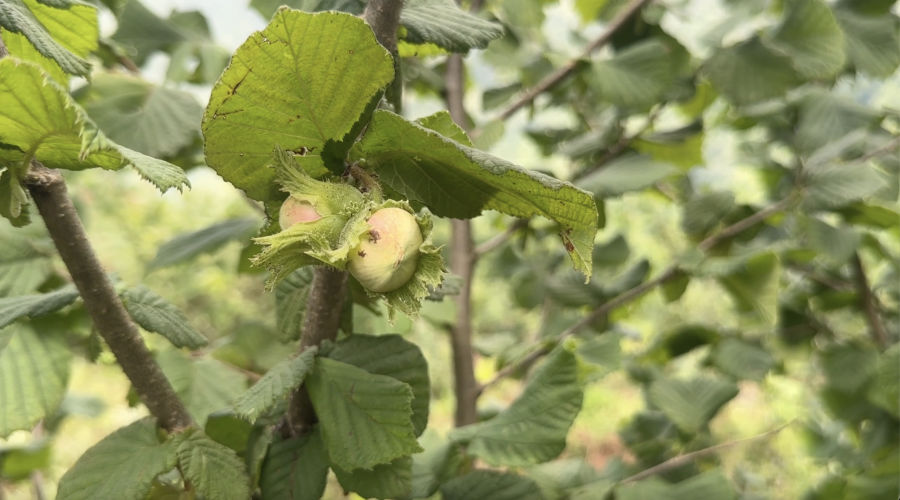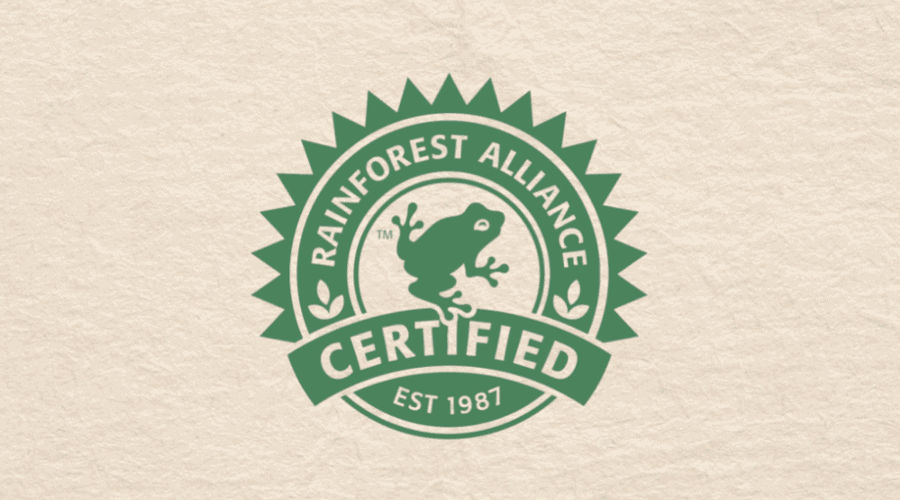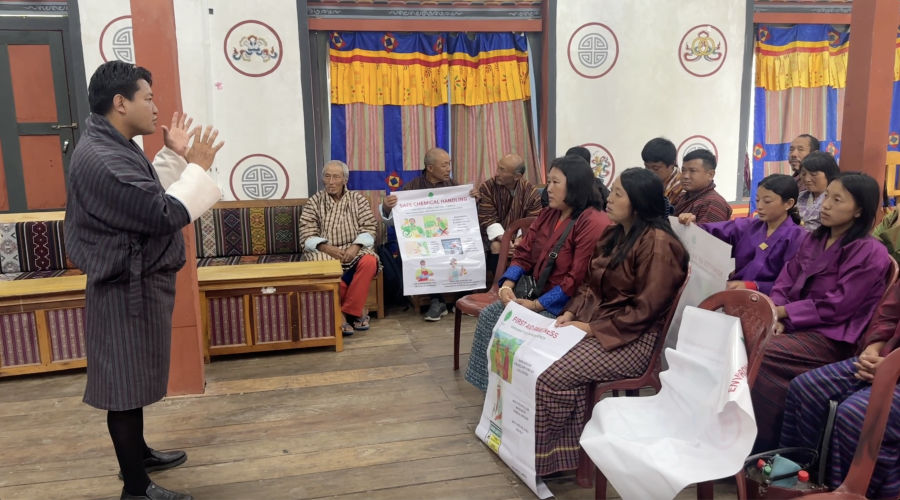 After a challenging start in the country, Mountain Hazelnuts, a social enterprise, is making a strong comeback. The orchards are beginning to show good growth, with trees starting to bear fruit. With harvests expected soon, the company is now focusing on branding and certification. It is currently working to get Rainforest Alliance certification, a well-known international label for sustainably grown agricultural products. The certification is expected to help position Bhutanese hazelnuts for premium buyers and higher-value markets.
After a challenging start in the country, Mountain Hazelnuts, a social enterprise, is making a strong comeback. The orchards are beginning to show good growth, with trees starting to bear fruit. With harvests expected soon, the company is now focusing on branding and certification. It is currently working to get Rainforest Alliance certification, a well-known international label for sustainably grown agricultural products. The certification is expected to help position Bhutanese hazelnuts for premium buyers and higher-value markets.
The Rainforest Alliance certification is identified by its well-known green frog seal. The Rainforest Alliance is a non-profit organisation founded in 1987 in the United States of America by environmentalist Daniel Katz.

To earn this certification, farmers, producers or companies must follow eco-friendly and ethical practices. These include protecting the environment, using sustainable farming practices, treating workers fairly and avoiding child and forced labour.
Only those who meet these standards and pass a formal inspection can use the green frog seal on their products.
Recently, an official from the Mountain Hazelnuts met with the 78-member Drepong Hazelnut Cooperative to discuss the certification programme. The members also received training on the requirements and standards needed for certification.

The news was warmly welcomed by hazelnut growers in Drepong Gewog, offering hope for better market opportunities and recognition for their hard work.
“If we have to sell our produce in the local market, firstly, there won’t be many buyers and we wouldn’t get a good price. Mountain Hazelnuts has supported us from the very beginning, from providing seedlings to now working on getting our products certified. We are grateful for everything the company is doing. We fully support this initiative because the certification will help us reach bigger and better markets,” said Ugyen Thinley, Resident, Monggar.
“This initiative will help our members get access to the international market and will benefit us greatly. Our hazelnut trees started bearing fruit now after grafting, and it looks promising. It will benefit us and our future generations,” said Neten Wangchuk, Chairman, Drepong Hazelnut Cooperative, Monggar.
“If we have such certification, market access will not be an issue for us. Moreover, with this certificate, we will be able to get the best price for our products,” said Yeshi Yangden, Resident, Drepong Gewog, Monggar.
“Compared to the past, there is a renewed interest in hazelnut production. This is because hazelnut plants were not bearing fruit, which is why we are optimistic about the current project. In the beginning, we were skeptical of the hazelnut plantation, but everything changed after grafting in 2019. Last year, the yield was minimal, but it is increasing annually,” said Choki Choki, Resident, Drepong Gewog, Monggar.
“Earlier, when the trees didn’t bear any fruits, people lost their interest, and they didn’t support us when we required it. Now, people are showing interest and coming forward to support us,” said Tandin Zangpo, Field Extension Officer, Mountain Hazelnuts.
“One special feature of this certification is that the buyers can trace the information of the producer. And when they find out that the Hazelnut is a product of Bhutan, there is a chance that buyers will contact our local farmers, placing bulk orders offering a good price,” said Kinley Tshering, Outreach and Advocacy Coordinator, Mountain Hazelnuts.
Meanwhile, Mountain Hazelnuts and the Bhutan Development Bank Limited recently signed a Memorandum of Understanding to improve financial access for hazelnut growers in remote areas.
Similarly, the company is working to officially register the cooperatives with the Department of Marketing and Cooperatives under the Ministry of Agriculture and Livestock.
Currently, there are 17 hazelnut cooperatives across three eastern districts.
With trees bearing fruit and global certification on the horizon, hazelnut farmers are seeing a new hope and a clearer path to thriving in international markets.
Namgay Wangchuk, Monggar
Edited by Sonam Pem









